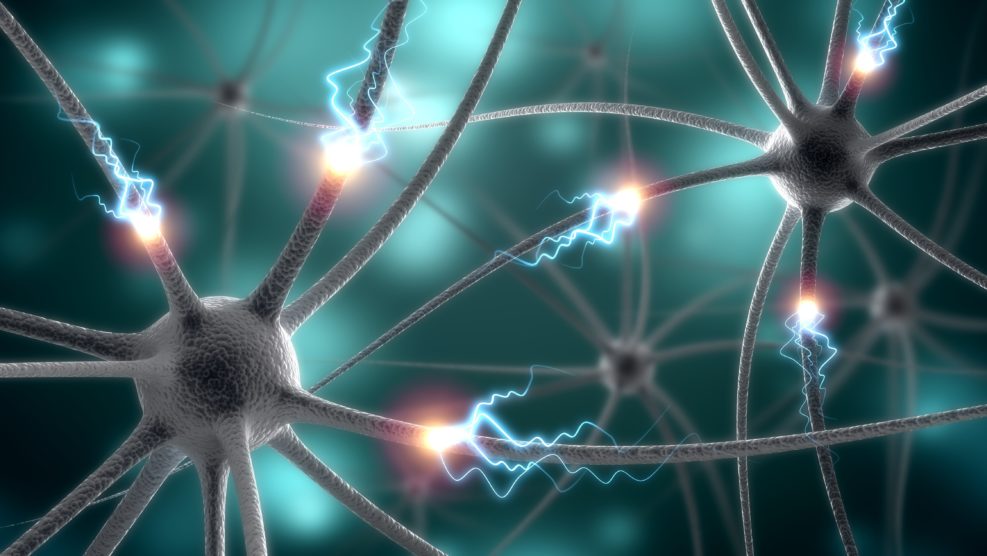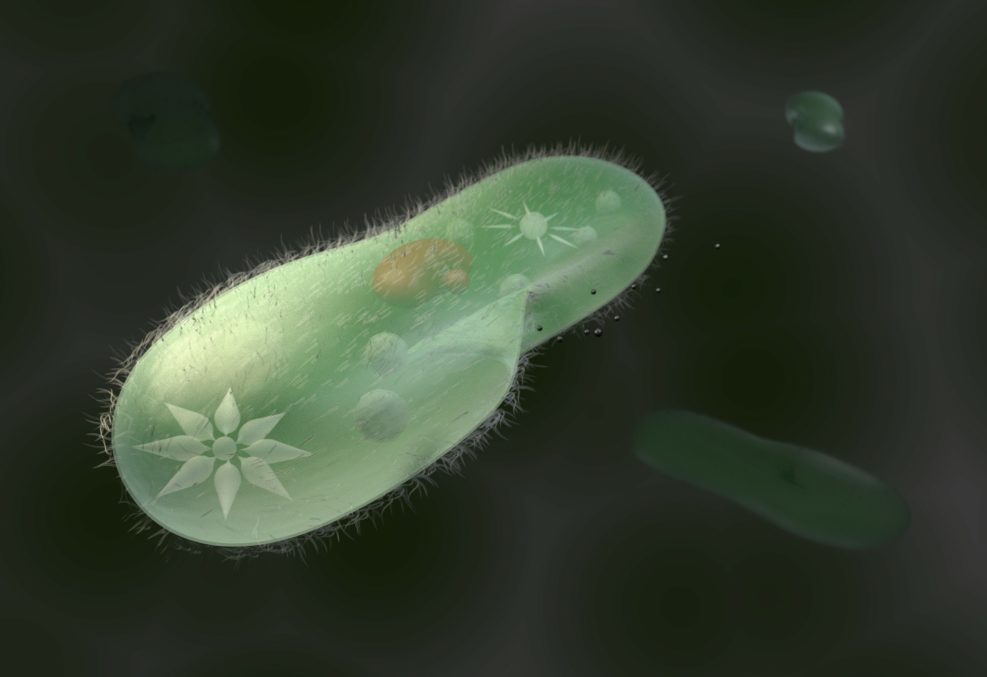
Researchers Can’t Explain: Memories Drift From Neuron to Neuron
Memories are supposed to stay put in the neurons that lay them down. A recent study, published at Nature, shows that they move a lot…“Scientists are meant to know what’s going on, but in this particular case, we are deeply confused”, a recent article at The Atlantic begins. It’s about the way nervous system cells don’t simply lay down memories and keep them. The memories drift from neuron to neuron, quite contrary to textbook claims and traditional neuroscience assumptions: The relatively simple explanation found in neuroscience textbooks is that specific groups of neurons reliably fire when their owner smells a rose, sees a sunset, or hears a bell. These representations—these patterns of neural firing—presumably stay the same from one moment to the next. But as Schoonover, Fink, and others have found, they sometimes don’t. They change—and to a confusing and unexpected extent. Schoonover, Fink, Read More ›


